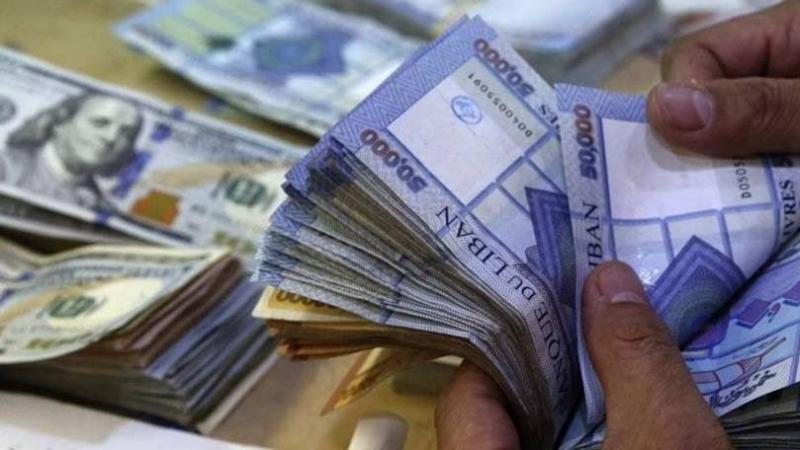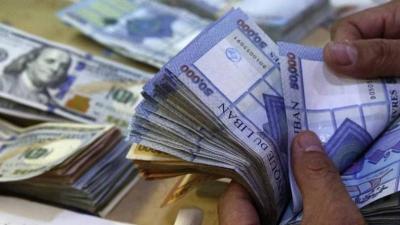The House of Representatives approved the 2022 budget, which included doubling public sector salaries, along with decisions to raise the customs dollar rate and the official exchange rate to 15,000 Lebanese pounds. However, the most important question is: where will the state get the money in Lebanese pounds, especially since Lebanon has practically entered a phase of comprehensive dollarization in various sectors? "By printing money," unfortunately, this is the answer, according to monetary expert Dr. Layal Mansour, who warned through MTV that continuing this policy has led to inflation, with Lebanon reaching a very critical stage known economically as hyperinflation, where monthly inflation in any country exceeds 50 percent. Lebanon has reached this percentage for months and now ranks second or first globally in terms of inflation rates.
The danger lies in the fact that inflation in Lebanon is not due to external factors like oil prices but rather due to the adopted monetary policy. Thus, printing money leads only to inflation. Here, Mansour recalled the constant suggestion of establishing a currency board, or in simpler terms, as she states: "turn off the printing press." This is the only way to stop the central bank from printing money, which would prevent inflation and further collapse. However, the crisis is prolonged, she adds; stopping the printing of money and establishing a currency board requires a parliament, political will, and majority voting. Meanwhile, as long as the central bank continues to print the lira, the collapse and economic crisis will persist.
But what about taxes? Mansour pointed out that increasing taxes might generate additional revenue for the state if consumption continues, but tax increases are not implemented in a studied manner. Additionally, tax increases during an economic collapse do not yield significant revenue, as tax policy should not be determined during a collapse. Thus, any increase in salaries or expenses will inevitably be covered by printing money.
In light of the ongoing inflation, is the time approaching for printing one million lira? Mansour responds: "Central Bank Governor Riad Salameh previously stated that he rules out printing the million, but this decision could be made, and we cannot know about it in advance." She continued: "However, even if one million or 500 thousand lira were printed, there would be no economic impact at all; the impact would be solely symbolic and psychological, indicating that we have accepted inflation and collapse and are living with it rather than thinking of combating it."
So, should the Lebanese get used to carrying their money in such large quantities, or is there another way to eliminate some zeros? Mansour explains: "There are two ways to reduce zeros: one results from economic improvement and growth, which has very positive economic ramifications, but that is not the case for Lebanon. The second way is simply removing zeros to facilitate transactions, which has no positive or negative economic impact and is similar to printing a new currency, thus having no economic effect whatsoever."
These statements are concerning and do not bode well, as the only positive return from the inflation we have reached is through real economic growth, not artificial, which does not seem to be within reach soon. Therefore, dollarization is an inevitable fate for the Lebanese for the time being, and those who wish to carry their money in lira will have to invent ways to transport it, as surely, personal wallets can no longer accommodate a single monthly salary.




